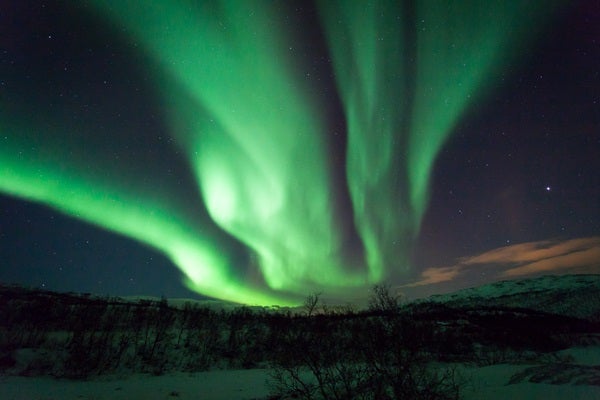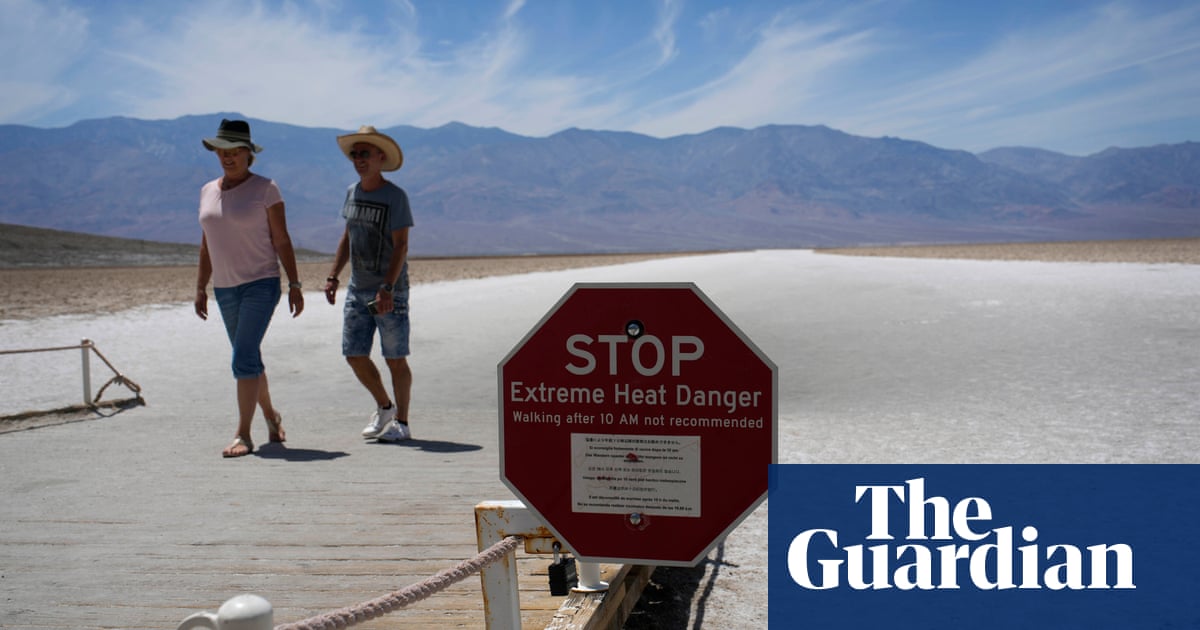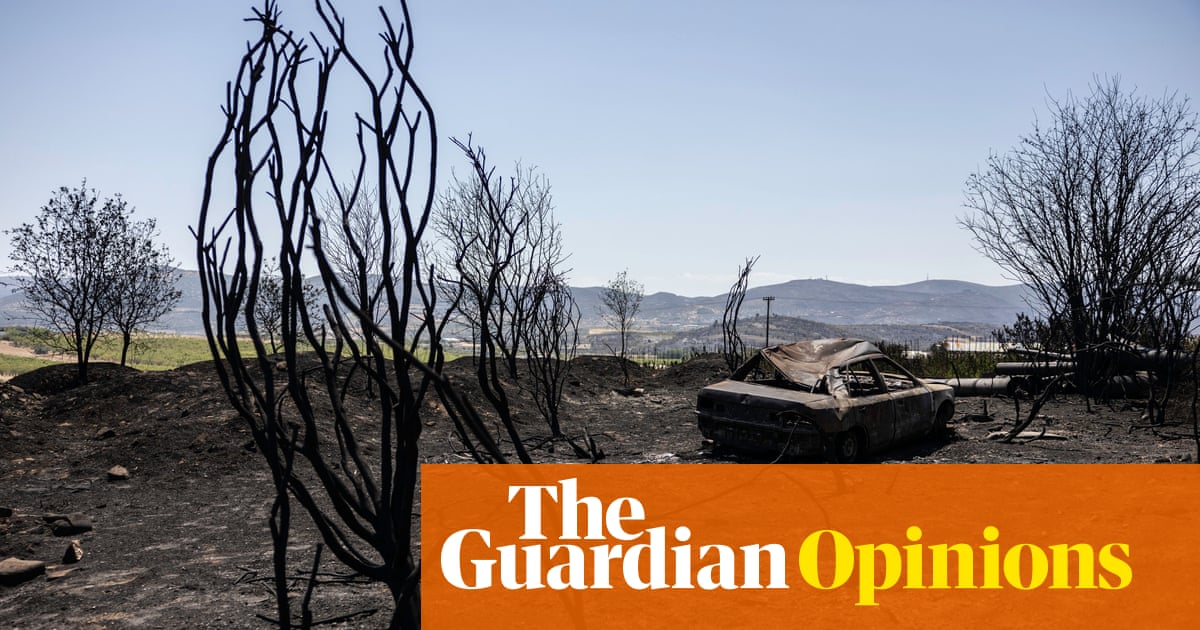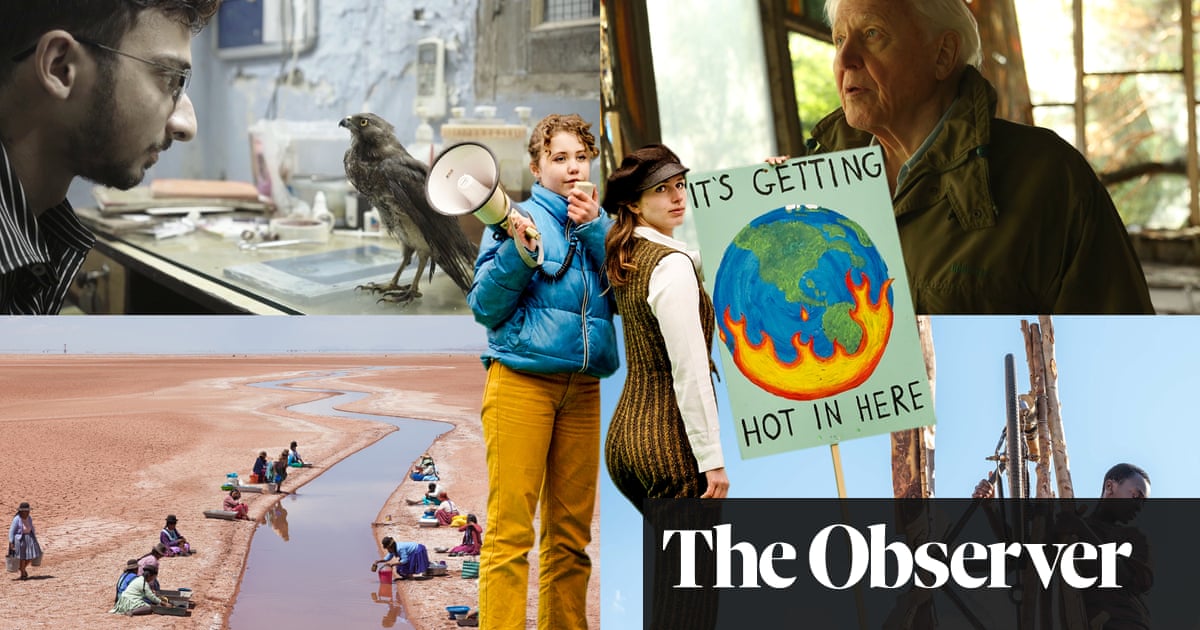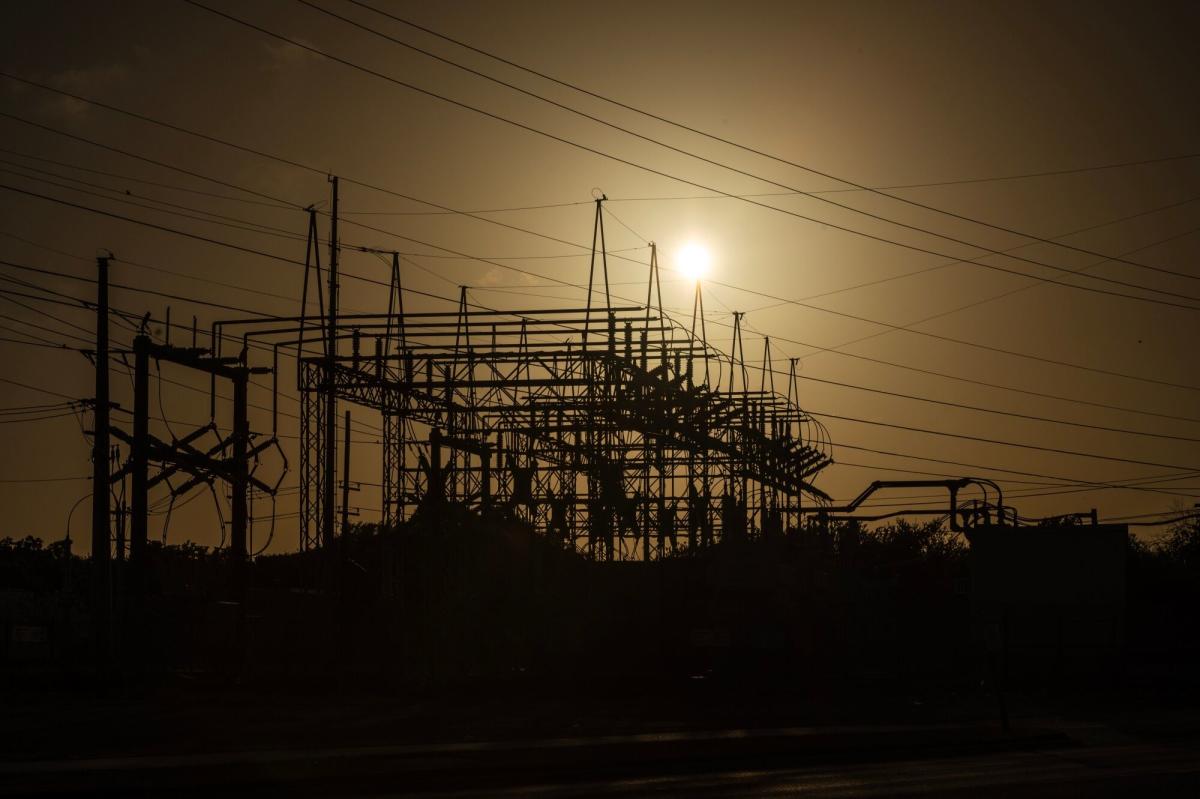CyberGus
Not Just a Member
Here's a good example of human intervention gone wrong: the elimination of wolves in the west to protect livestock. It worked, but it also caused the populations of wild herbivores to explode, which then chomped away all the vegetation, which led to soil erosion and flooding, etc.
Instead of trying to control the flooding, or plant more vegetation, or hunt down all the herbivores, the solution was simple: undo the mistake and reintroduce the wolves. Voilà.
Transitioning from a fossil-fuel energy system to a sustainable one is undoing the mistake. There are many ways to cope with an undesirable deep hole, but the first step is to stop digging!
Instead of trying to control the flooding, or plant more vegetation, or hunt down all the herbivores, the solution was simple: undo the mistake and reintroduce the wolves. Voilà.
Transitioning from a fossil-fuel energy system to a sustainable one is undoing the mistake. There are many ways to cope with an undesirable deep hole, but the first step is to stop digging!



